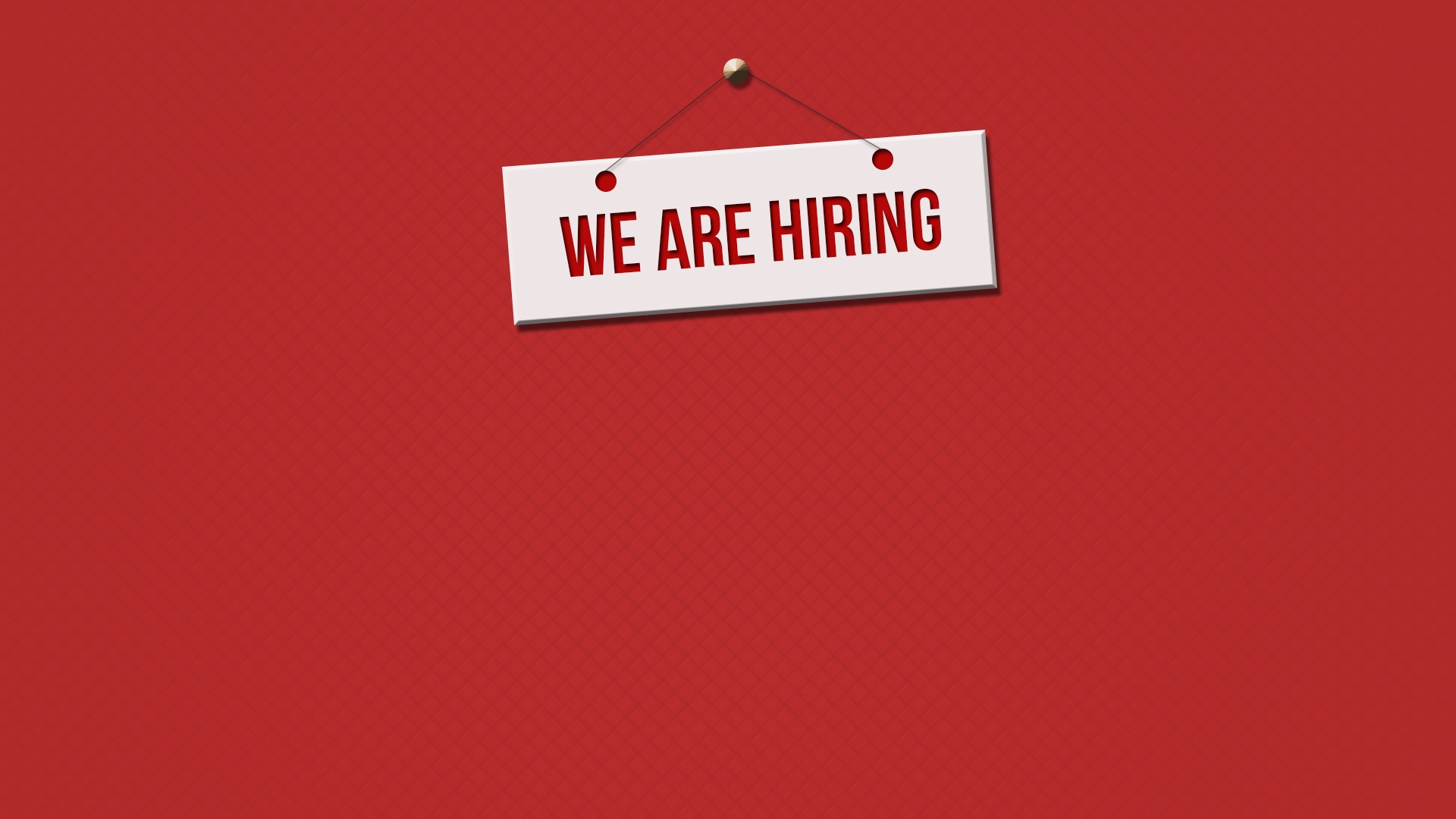I love it when a junior person asks me for career advice.
It’s not because it makes me feel smarter or because I enjoy mentoring, although both of these are true. The number one reason is because it helps me remember lessons that I might otherwise forget.
As we move up in our careers, we run the risk of forgetting the fundamentals that helped us get here. Seizing the opportunity to reflect in response to a question is a useful antidote.
Recently, a friend asked me a question about interviewing. I could have given him the usual glib answers (e.g., research the company, be prepared with questions, have great stories), but I stopped and really thought about it. The result was I reminded myself of an important principle when it comes to making an effective connection while interviewing. A lightly edited version of our exchange is below.
________________________
Hi Joe,
A copy of my resume is attached to this message. I've put some thought into those questions and I've come up with the following regarding KPMG:
1. What values and traits do you find management and hiring professionals within your firm look for most in new associate candidates?
2. [intentionally omitted]
Thanks,
B.J.
_________________________
Hi B.J.,
Great questions. I've interviewed a ton over the years and failed to get the job many times so I'm sharing from my experience. In hindsight I look at this question very differently. One can't actually answer it in a helpful way because the lever you are looking for is something else entirely. Instead, I'd ask what skills do you need and what preparation should you do to strongly connect with each interviewer in front of you? And once you are connected, how can you lead them to believe (honestly) that hiring you will be the best outcome for them, their group, and the organization? They are the protagonist, not you. That's what gives you the best chance.
Good luck!
Joe
_________________________
So remember, for the next time, treat each person you meet during your interview as the protagonist. You already have been screened as qualified for the job. Your mission is to show each person how you will help them in their story. Along the way you may find out you don’t want to be a part of their story and that’s okay, too.
Your Move: What have you found to be the most effective thing(s) in preparing for and succeeding in interviews?





